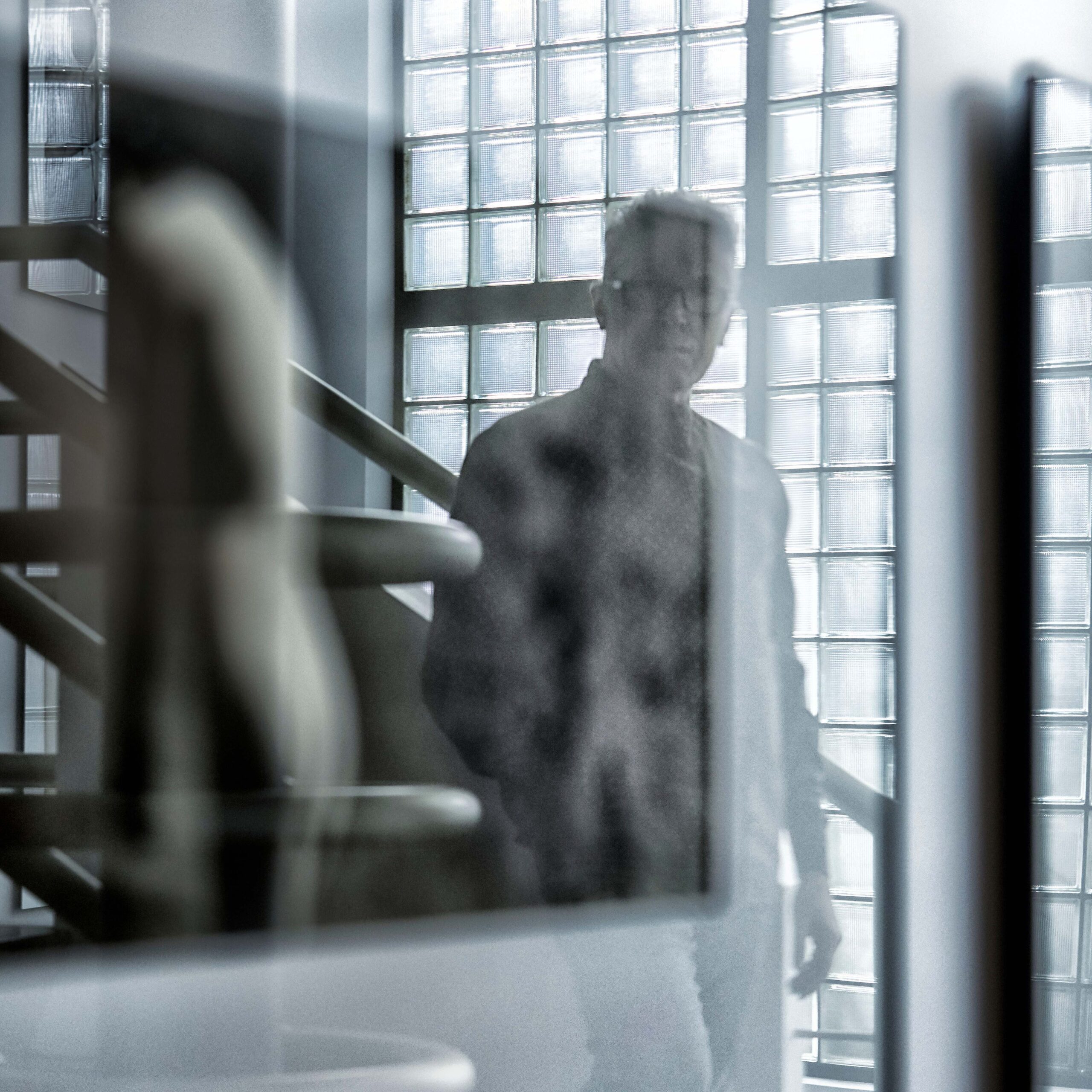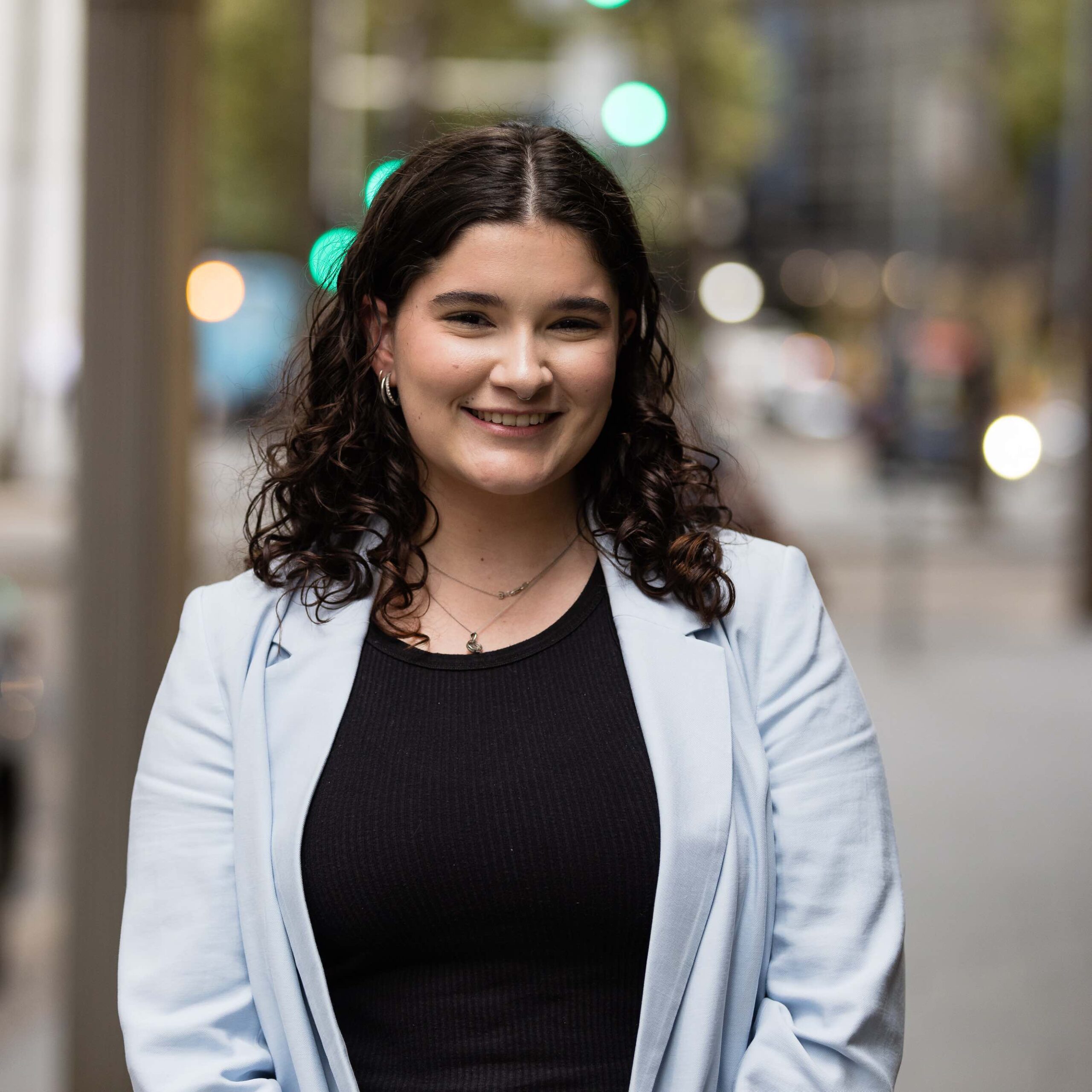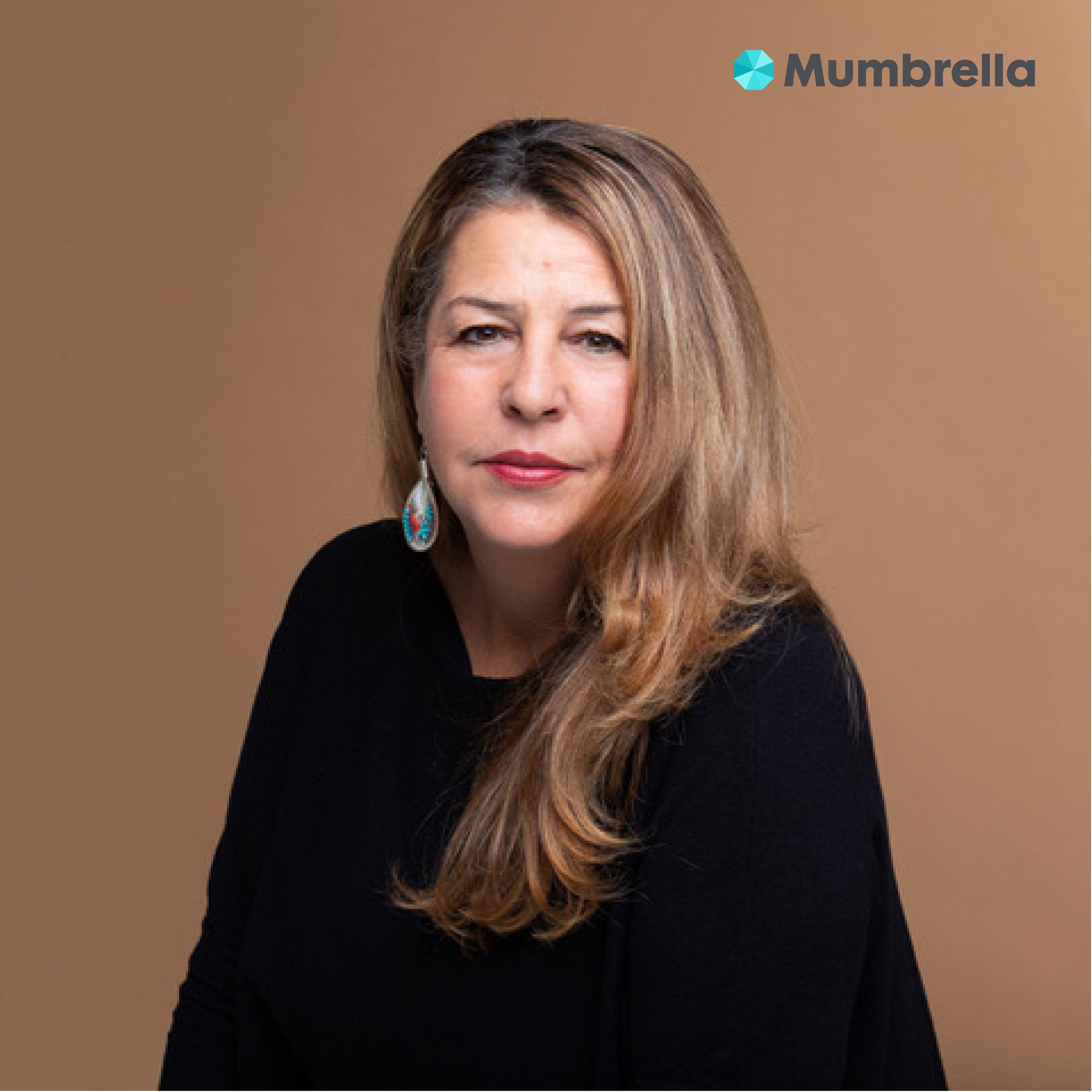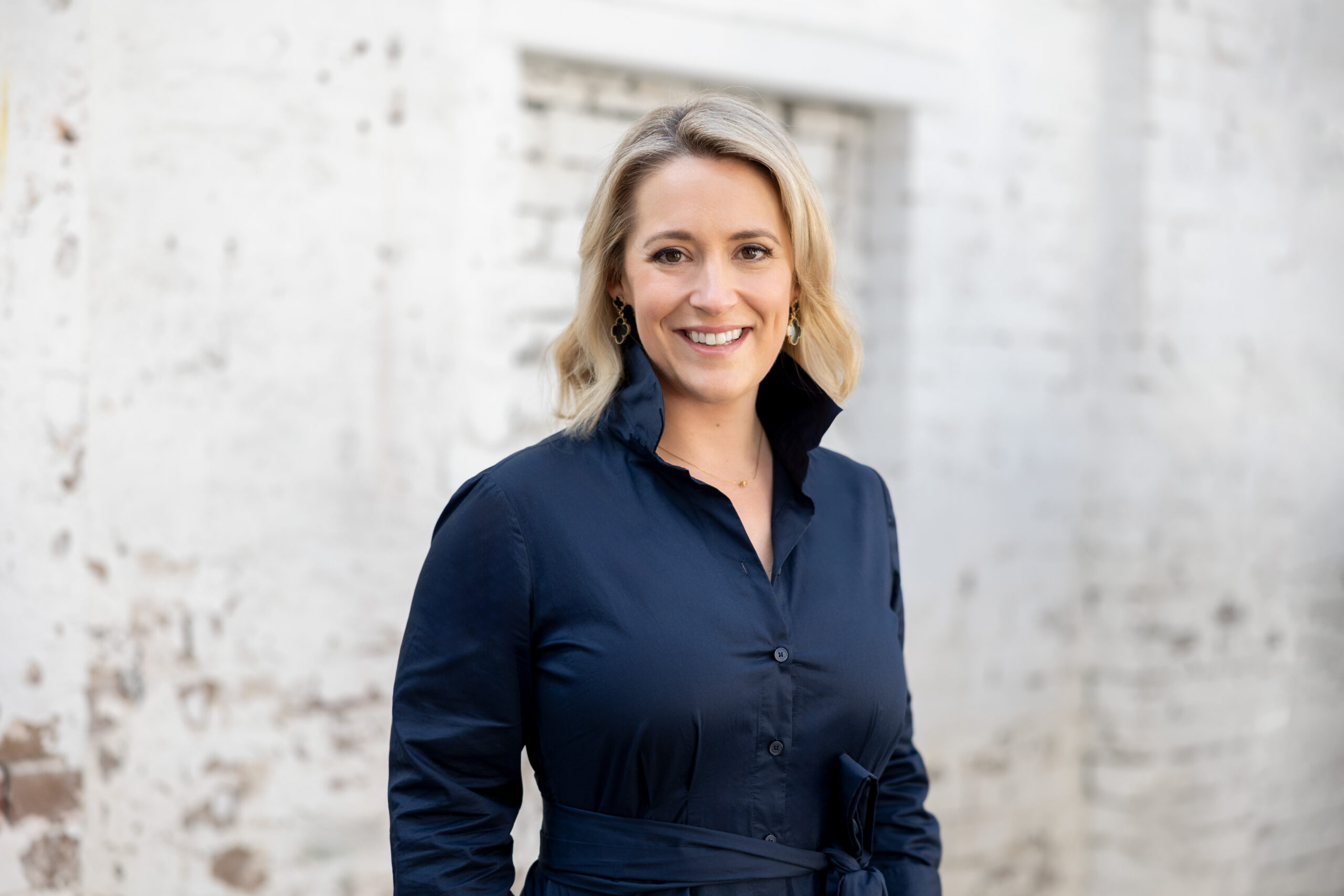
In Conversation with Julie Moss
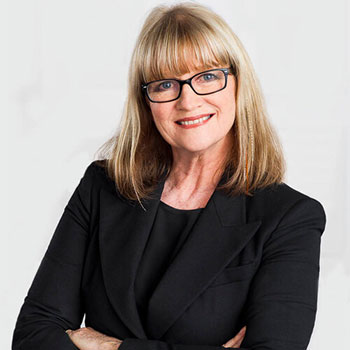
Photography seemed to get into my bones at an early age. I think I was born with it! Some of my earliest memories are of two sisters who were next-door neighbours always walking around with their cameras. They would regularly arrange me on the garden seat and take my photo. They would then disappear into their darkroom in the laundry at the back of their house while I waited outside. I was never allowed inside, but they would eventually emerge with a photo to show me. It all seemed so strange and magical. And then there were my parents who always had their cameras in tow too. Things changed when I got my very own Brownie Starlet one Christmas. I could finally determine what I wanted to photograph and not be the subject of others’ photographs. I felt like I’d come of age!
How do we really know how much and to what extent these early influences shape us? What I do know though is that the intrigue and the passion for photography definitely had an early start.
At school, however, anything artistic was discouraged in favour of ‘more serious’ academic endeavours, and I trundled off to uni to study languages, sociology and anthropology amongst other things. It wasn’t until I was working in a particular community development and arts program that I realised I needed to use photography and filmmaking to visually highlight a range of issues and try to make difference!
That led me to study photography and it led me to PSC. A circuitous route with many twists and turns, but what has ensued over the past more than three decades is a love affair with photography, along with the privilege of being able to create an environment at PSC where photography education is nurtured and communities of creatives are encouraged to grow and flourish.
There are many highlights in this journey. None the least of these being able to lead the College in becoming the first private institution in the creative arts to be registered by the Victorian Government and the first (then) diploma level qualification in photography to be accredited and recognised Australia wide. This was back in the early 1990s. More recently, in 2011, another highlight was gaining national registration as a higher education institution with our own Bachelors and Masters in Photography being accredited. This is no small feat for an independent educational institution.
I take great pride in knowing that with the highly engaged and professional governance team and staff I have working with me at PSC, we have achieved the status of being the only specialised photography institution in Australia. I am also proud of the diverse range of programs we have created that cater for aspiring photographers across the spectrum, from the raw beginner through to the experienced professional looking to push their visual and creative boundaries as far as they can go.
What I haven’t been able to achieve yet, to my great regret, (and it’s not for the want of trying) is to convince governments and policymakers of any persuasion that PSC students are just as worthy of support from governments for their education as their funded peers at public institutions. I know only too well the amount of regulation that we at PSC have to adhere to in order to maintain our registrations. Yet, despite the fact that we meet these high benchmarks and are consistently rated in Government surveys in the top echelons of student satisfaction, the majority of our students don’t even receive a piecemeal drop of support toward their education. I find this indefensible.
As a result of this, I have spent a considerable part of my career working with others to either establish or join associations focussed on advocating for the educational interests and value of Colleges such as PSC and our students. I have been fortunate to work at both state, national and international levels, serving on a number of Boards and Councils responsible for education and training in Australia. I currently serve on the Board of Independent Higher Education Australia where I continue to lobby for equity and choice for all PSC students.
Accepting the Australian Tertiary Photography Institute of the Year award over six consecutive years at the Australian Institute of Professional Photography’s (AIPP) annual awards in recent years has been an absolute highlight of my career as was being presented in 2017 with the prestigious award of an Honorary Fellowship of the AIPP for making a contribution to photography education in Australia. This was truly humbling.
What changes have you seen in the photography education and photography industry since starting out? The good, the bad and the ugly.
I remember the day I read photography critic Sean O’Hagan’s 2012 article in the Guardian Photography: an ever-evolving art form. He said, and I quote:
“Whatever upheavals it has witnessed, photography has endured. It continues to do so, even as we drown in a sea of uploaded images whose sheer quantity mediates against their meaning. Photography, in more ways than one, thrives on a crisis. The instant endures.”
It was one of those ‘aha’ moments. Photography is always on the edge of a crisis and it just keeps on keeping on. I just love that!
I’ve seen a lot in these past three decades. But the shift from analogue to digital was a big one. We had what I called ‘turf wars’ at the College, much as we witnessed across the industry globally.
Believe me, they were quite ugly at times! From those who said it was a passing fad and the only true photography was analogue through to the ones who cautioned us to move quickly or be left behind – experts abounded.
This reached a head in 2005, which was also the year my partner and College founder Roger Hayne died. Everything at that time was just about survival. It was truly grim. But we managed to steer our way through and grow stronger as a community to come to where we are today.
Keeping ahead is pretty challenging. It always is in any industry, and when you are also trying to anticipate the next new thing in order to teach it to students entering the industry, you really have to keep on your toes.
That’s where we seem to spend a lot of our time, up there on our toes, but it’s all part of the creative process. We have to keep our students pushing at the edges, out of their comfort zones and innovating as much as they possibly can.
It might seem anachronistic now from a 2020 viewpoint, but one of the huge shifts I’ve seen in both photography education and the photography industry over the past decades has been the increase in the number of female students and female photographers. This growth has been accompanied by huge growth in cultural diversity as well. And in some small way, I believe all of us at PSC have made a positive contribution to that shift.
I remember well the first year we had a higher intake of female students over male. We really were very excited. We have some amazing role models in our teachers and student service staff who continue to inspire and mentor upcoming women into the industry. But as the #MeToo movement highlighted, we aren’t there yet. In the ’90s, I remember having arguments with photographers who refused to take on female assistants. Well, you can imagine how those conversations went! Suffice to say we’ve certainly kept the change momentum going at PSC.
But what really gives us our strength is the generosity of the photography industry. From individual photographers who are so generous with their time with individual students through to industry suppliers who provide our students to access to the latest gear its an amazing community of people who all want to give back. I would love to name all who have and continue to make their contributions, to PSC and our students, but I fear I would miss someone.
Suffice to say I am so incredibly appreciative of all they contribute to the next generation of photographers!
How has COVID-19 impacted the College and what measures have you put in place during this time?
2020 was meant to be all about new beginnings for PSC. A new purpose-built campus, new state of the art digital labs, expanded studio facilities including a new Cyc, new printing facilities and printers, new location, new precinct.
Our brand new campus has been a long-held dream for me that was realised just as the COVID-19 spread intensified.
Having literally opened our new campus for a week, we were then faced with the challenges that came with news of the spread. Students became fearful of taking public transport, worried about family members whose health was compromised, scared to go outside. A whole range of fears exploded not just in the PSC community but in every facet of life. Businesses and institutions started to shut down. There was ever-increasing confusion. Like everyone, we went straight into survival mode, focussing on how best to keep our students engaged and our staff employed.
In anticipation of a state-wide lockdown, the College moved quickly to adopt a flexible delivery model to minimise disruption as much as possible and enable students to attend their usual class schedules. With no time to spare, we launched a one-week trial of what we called the ‘hybrid delivery model’ providing students with a choice of face to face classes or off-campus Zoom delivery. At the end of that first week, they voted with their feet and we moved to fully off-campus real-time delivery using Zoom.
The speed and enthusiasm with which our teachers and support staff embraced the use of technology for education has been inspirational and has enabled us to do everything we can to be responsive to students and keep them engaged with us.
We implemented a number of additional processes to ensure that the quality of education continued. This included providing computer loans to students who did not have the resources to learn from home and providing extended studio equipment loans to students so they could keep shooting.
We also set up a technology hotline to assist students and we increased our health and wellbeing support and our one-on-one teacher support sessions, all via Zoom. Our students have been so impressive. Their ability to adjust and adapt both to the crisis and to the new way of learning shows they have the capability to be valuable assets to any workforce of the future. I’m so proud of them. It shows the resilience that comes from developing a capacity for creative thinking.
Picking up my earlier quote about ‘photography thriving on a crisis’, what’s been exciting is to see the images our students and staff have made through this pandemic. Early on in the crisis, we established a College project entitled ‘Photography in a Time of Pandemic’ and reached out to our students, alumni, teachers and the broader photography in order to gather and collate as many photographs being created about the effects of the crisis as we could. We established a virtual gallery to host it all. Check out the link here: https://www.psc.edu.au/covid-photo-gallery.html
How do you stay relevant in today’s photography education and photography industry?
I learnt early on how important it was to ensure the College was able to cover the broad spectrum of what photography is. What is photography in the 21st century? What does a photographer have to be able to do? These are the questions we constantly challenge ourselves about. The expectations of a ‘photographer’ continue to broaden as the years roll by. For example, all photographers now need to be videographers or moving image-makers. The two are inextricably linked.
We openly listen to our students. And they say we are doing something right. In 2019, PSC achieved the highest rating in Photography nationally in the annual Australian Government’s Student Experience Survey (www.qilt.edu.au). This detailed survey asks students to rate and comment on their college/university experience across multiple categories like ‘teaching quality’, ‘learning resources’, ‘skills development’. This tells us we are doing something right!
We also openly listen to the various sectors of the photography and creative industries to ensure we know what’s expected of our graduates and where the jobs are. We know it’s vital to tap into these networks and continuously bring new energy into the College.
A key feature of PSC is our commitment to engaging staff who are in and of the industry and able to be inspirational teachers. We have such breadth of experience amongst our teachers, from practising commercial photographers and videographers through to documentary photographers, designers and photographic artists. They bring their everyday experience to the education programs we run at PSC. You can’t get more current than that!
PSC’s vision about supporting its students learning journey into the future means our focus is always on our community of learners and ensuring we always have their best interests at heart. We carry a great sense of responsibility for ensuring everything we do provides the best possible outcomes for our students, our staff, our graduates and all the people that make up PSC.
Since becoming a higher education institution, we have initiated a number of Community Engagement programs that extend our reach beyond our courses. This includes our free public lecture series, the Image Maker Seminars, which is now into its fifth year and going strong. It features a huge range of professional industry photographers and image-makers.
Before Covid-19, this was a monthly seminar series. Since Covid-19, under the leadership of our Dean of Photography Studies, Daniel Boetker-Smith, we’ve been running this on a weekly basis via Zoom and its gone international. Our attendance has already more than doubled.
Another key way that PSC has stayed relevant in today’s photography education and photography industry is our unique mentoring program that ensures all our final year students work throughout that year with at least one mentor who provides them with invaluable advice. So many of these mentors are our very own graduates, who themselves were nurtured by a mentor. And more times than not, it’s this mentoring relationship that provides our students with their entree into the industry once they have completed their studies.
Last year, in 2019, we commenced an additional innovative mentoring program with The Brownbill Effect and our students are already reaping the benefits of Sally’s extensive networks.
Tell us about the new premises you have built for PSC.
Being able to design and create a brand-new, purpose-built facility for the College is an absolute career highlight for me. In all the years we were at City Road in Southbank while it’s true we grew from one building to two buildings side-by-side, I always dreamed of being able to create an integrated purpose-built campus.
As you would know, in the past decade, we made significant changes to our City Road campus, but the rapid high-rise development and ever-increasing traffic in that area really diminished the whole amenity of the location. It was incredible to be able to find a location not too far from where we had been for so long, in an area that is symbolic of what PSC is.
Our new campus in the Montague Precinct of South Melbourne places us in an area which is in the midst of an exciting phase of urban renewal. But not like the Southbank high rise debacle. The Montague Precinct has recently opened a brand new vertical primary school with parks and other local amenities all being upgraded. Added to that it has cobblestone laneways with great coffee spots and heaps of photo and sound studios, ad agencies and a myriad of creative industries right on our doorstep.
What really grabbed me when I saw the old warehouse in its unrenovated form, was its orientation to the light. With North facing views to the city, it is light-filled at every angle. And the absolute winner for me was the sawtooth roof. This stunning feature has now been transformed into a number of light-filled classrooms and an amazing new photography studio. With full block-out capacity when needed and a brand new cyclorama planned, we also have the benefit of the amazingly high sawtooth roof and natural light on tap when needed for any photoshoot.
But what’s been so wonderful has been having the opportunity of creating an educational facility that actually gives form to what photography is all about: light, mood, space, design, aesthetics and connection. In our new space, we have been able to create an environment that invites the learner to come in and become the image-maker they really want to be.
I know to start with, many staff and graduates felt sad to know we were leaving City Road, but it feels like we have come home to a creative community that has welcomed us on board. While at the moment it’s true to say that there is some new development going on around us, it’s exciting and not soulless. We already feel we have arrived!
And most importantly, I’m delighted to say that as staff, students, graduates and our industry friends and supporters come to the new campus they are full of praise! Our new campus opened in March 2020.
What would your advice be to someone wanting to study photography in 2020 and beyond?
My advice? Just do it! Follow your heart and your creative yearnings. That’s what will give you the best outcome you can possibly dream of.
Governments still don’t get the importance of the creative industries. Nor do they understand the new career opportunities that are possible and have been created with digital content in both still and moving image form. But we at PSC get it. We see it over and over again.
Over the years, I can’t tell you the number of prospective students who have come to PSC, sometimes in their late 20’s, sometimes in mid-life, desperate for a career change or to pursue their creative side.
A typical story is the IT professional or the accountant who talks about wanting to pursue photography when they were younger, only to be dissuaded by schools or parents telling them they needed to train for a ‘real job’. If they last that long, by mid-life they are certainly exhausted and disillusioned. But the wonderful thing is to watch these people transform their lives, and their careers when they pursue their passion for photography.
Photography really does change lives.
Share it around…


